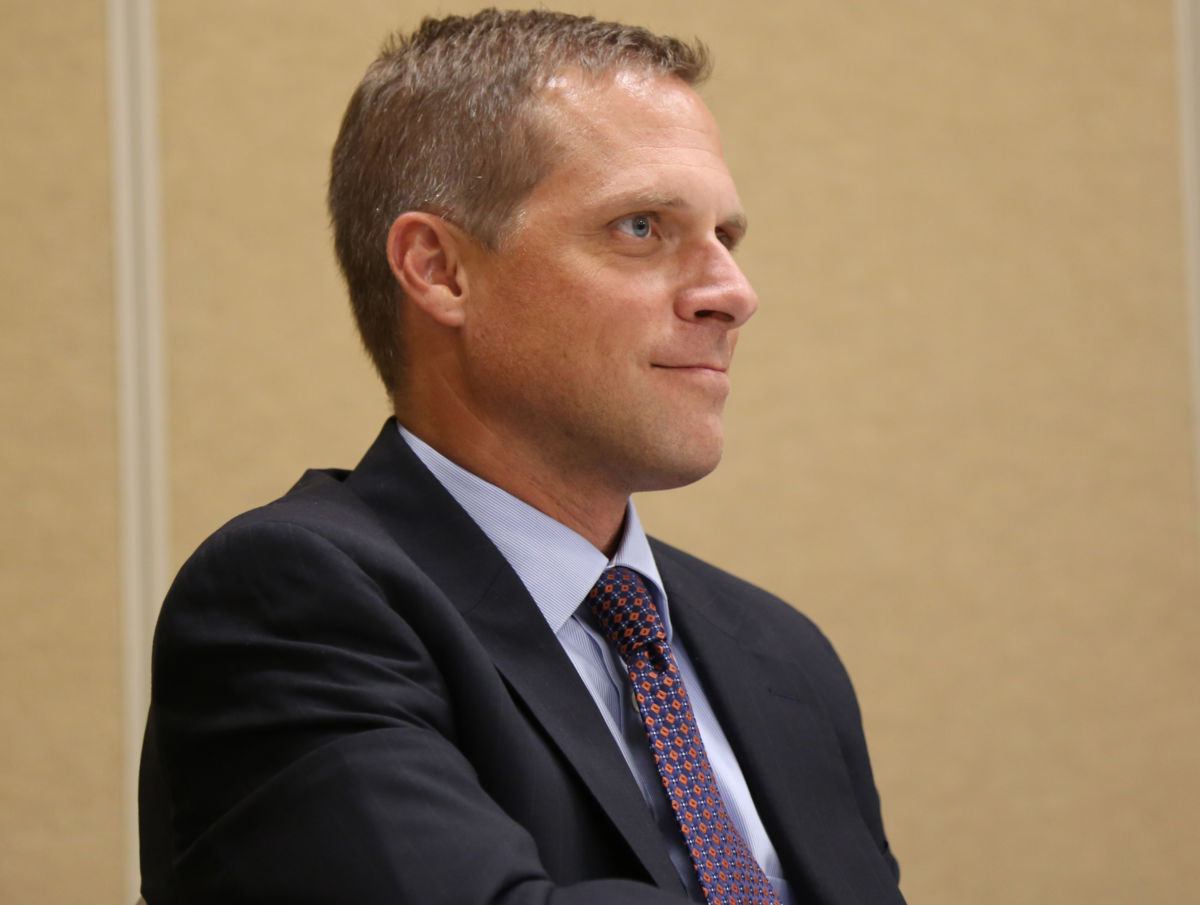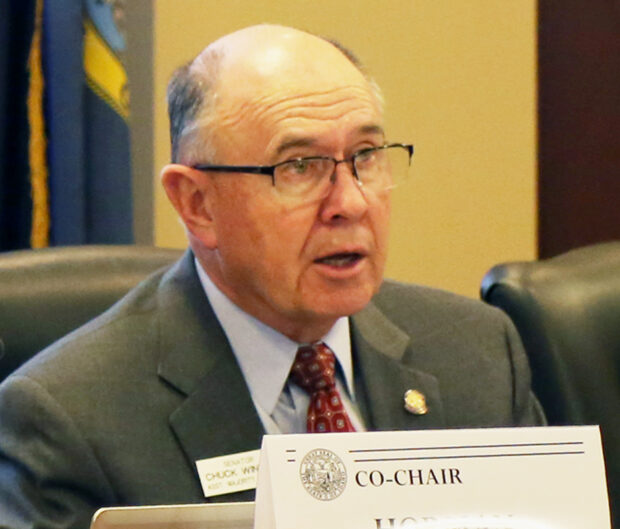Idaho schools need more money — and school leaders need more spending authority.
These familiar themes were two takeaways from a statewide school funding survey, released to legislators Tuesday.
The State Board of Education conducted the anonymous online survey in October, and heard from 2,161 Idahoans. The board’s goal: Provide public input to legislators who are trying to rewrite the state’s complicated and convoluted school funding formula.

Perhaps not surprisingly, the survey’s questions were technical, and about two-thirds of the respondents are directly involved in education, in one way or another. Still, a few highlights emerged.
- When asked a chicken-and-egg question of sorts, respondents made a strong pitch for increased funding. Sixty-three percent of respondents said education reforms “will have little to no impact on improving public education” until funding is increased. Twenty-six percent of respondents favored a reform-first approach, “and then we can determine whether more money is needed.” Parents of charter school students were more likely to favor the reform-first concept, State Board spokesman Blake Youde said.
- An overwhelming majority — 88 percent of respondents — say they support giving schools more spending flexibility. In a similar landslide, 87 percent of respondents support extra funding to provide help for low-income students or special-needs students.
- Close to 70 percent of respondents say their local district or charter spends its money effectively or very effectively.
Youde presented the survey results to the Legislature’s funding formula committee, which met at the Statehouse Tuesday. The committee has been meeting since spring to dive into the funding formula, last rewritten in 1994.
The funding formula committee isn’t expected to make any recommendations for the 2017 legislative session, which opens on Jan. 9. On Tuesday, the committee continued its lengthy fact-finding process — hearing presentations on school district insurance costs, a newly released legislative audit on K-12 budget line items and other topics.
Committee members had few questions about the survey. But one of the committee’s co-chairs said the results will help inform lawmakers — especially when they can dig deeper into the numbers, and compare how teachers, administrators or parents look at the issues.

“I’m pleased with the cross-section of results and the responses we did get,” said Sen. Chuck Winder, R-Boise, the Senate’s assistant majority leader, and a newly appointed member of the Senate Education Committee.
The State Board wasn’t trying to put together a scientific survey with a random sample, Youde said. The State Board configured the survey to allow anonymous responses; for example, Youde said, the configuration allowed multiple responses from a single computer in a teachers’ lounge. The State Board also asked education groups to encourage their members to fill out the survey.
The response rates appeared to reflect this outreach effort. In all, 848 of the 2,161 respondents described themselves as teachers; 326 said they worked for a school in another capacity; 228 said they were in school administration; 46 said they were elected school trustees; and 91 described themselves as members of an education advocacy organization.
